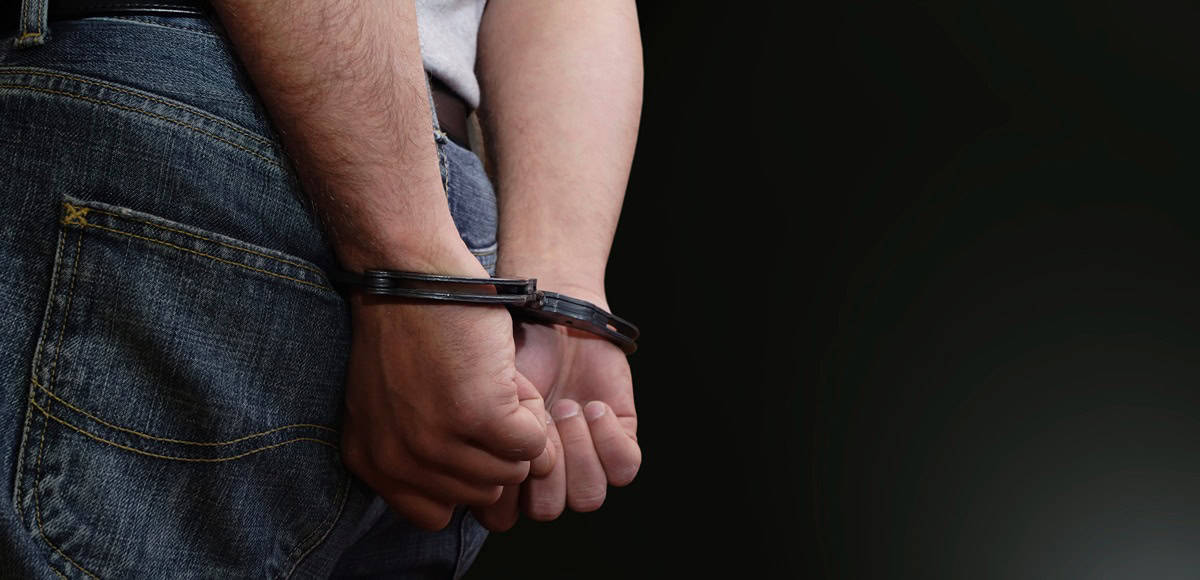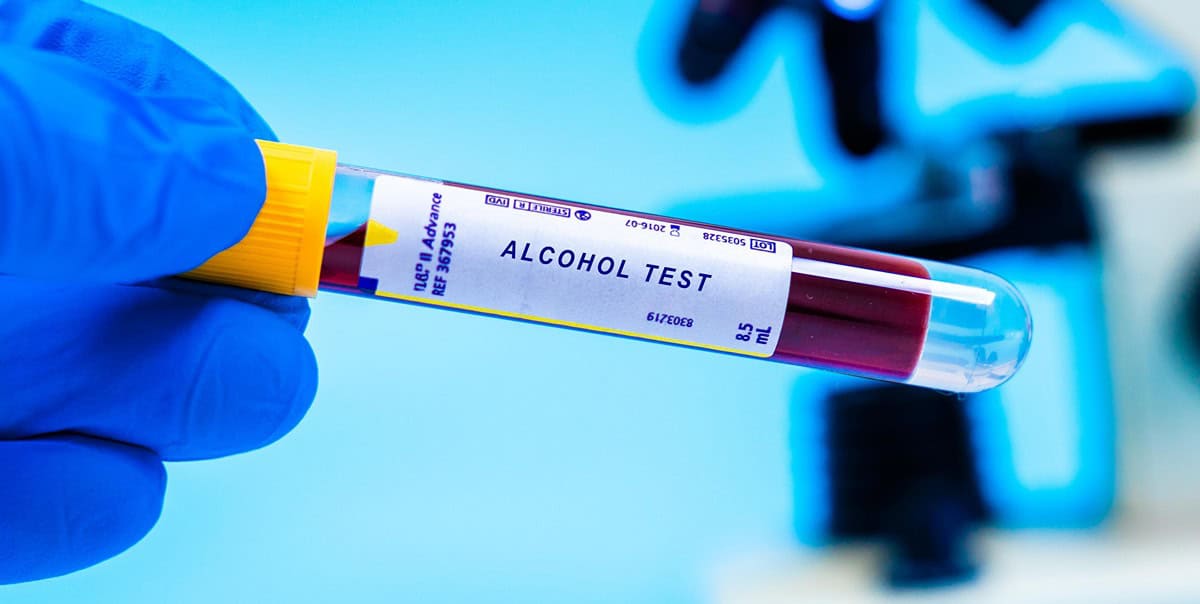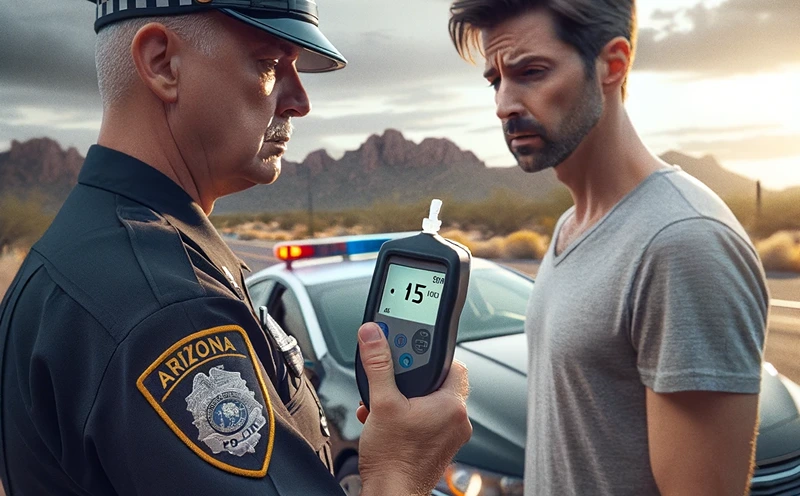TIP: Save our number in your phone just in case!
Create a new contact as “Shah Law Firm – Lawyer” 602-560-7408
March Madness is an exciting time for college basketball fans, but it can also lead to an increase in DUIs in Arizona.
In Arizona, the legal threshold for a DUI is having a blood alcohol concentration (BAC) of 0.08% or higher, or being “impaired to the slightest degree.” If you have been arrested for a DUI, it is important to act quickly and contact Arja Shah for a consultation. Do not hesitate to seek professional legal assistance to protect your rights and ensure the best possible defense for your case.
This article will cover the following topics:
- What to Know About the Final Four Fest
- What Do I Do If I’m Pulled Over?
- DUI Checkpoints and Your Rights
- Types of DUI Charges in Arizona
- How a Criminal Defense Attorney Can Help

What to Know About the Final Four Fest
Phoenix is gearing up to host the thrilling NCAA Final Four Fan Fest from April 5th to 8th, 2024 at the Phoenix Convention Center. This annual celebration promises basketball fans and families an exciting blend of sports, entertainment, and community spirit.
Event Schedule and Exclusive Access
- Dates: April 5th (Noon-8 p.m.), April 6th (10 a.m.-8 p.m.), April 7th (10 a.m.-8 p.m.), and April 8th (Noon-6 p.m.).
- Early Access: Capital One cardholders gain early entry, an hour before the general public each day.
Admission and Complimentary Access
- General Admission: Tickets are $10 at the door for attendees 13 and older, with discounts available for advance purchases at ncaa.com.
- Free Entry: Available for Capital One cardholders, Men’s Final Four game ticketholders, military personnel (plus three guests) on April 6th, and fans with ticket stubs from select Phoenix sports teams.
Transportation Tips
Downtown Phoenix offers numerous parking options, with garages and metered street parking detailed on the NCAA website. Prices range from $20 to $80, with the option to buy parking in advance online. Additionally, Phoenix and Valley Metro provide free light-rail rides for fans attending the events downtown from April 5-8, requiring a downloaded app and account creation for a complimentary transit pass.
Enjoying the Fest
The Final Four Fan Fest is more than just a basketball event; it’s a vibrant celebration of the NCAA tournament spirit, offering interactive games, celebrity meet-and-greets, and live performances. With its convenient downtown location, accessible ticketing, and special offers for various groups, the Fan Fest is poised to be a highlight for fans and families alike.
What Do I Do If I’m Pulled Over?
If you’re driving home after celebrating at the Final Four Fest and have had a few drinks, being pulled over by law enforcement can be intimidating. Here’s how to handle the situation wisely and protect your rights:
- Stay Calm and Cooperative: Upon noticing police lights, immediately and safely pull over to the side of the road. Turn off your car, keep your hands visible on the steering wheel, and wait for the officer to approach. This shows compliance and respect for the law enforcement process.
- Present Documentation Promptly: Have your driver’s license, car registration, and proof of insurance ready. Organizing these documents in advance can help smooth the initial interaction with the officer, indicating your preparedness and responsibility.
- Politely Decline Certain Questions: If asked about your alcohol consumption or specifics of your evening, remember that you’re not obliged to disclose details that could incriminate you. A polite response could be, “I prefer not to discuss my evening,” maintaining a cooperative yet cautious stance.
- Understand Your Rights Regarding Field Sobriety Tests: Field sobriety tests are voluntary in Arizona. Given the subjective nature of these tests, especially after attending an event where alcohol was present, consider your right to respectfully decline participation.
- Know the Consequences of Refusing Chemical Tests: Arizona’s implied consent law (Arizona Revised Statutes §28-1321) means that by driving, you’ve agreed to submit to chemical testing if arrested for DUI. Refusal can lead to immediate penalties, such as license suspension. Weigh the implications carefully if considering refusal.
- Request Legal Representation if Arrested: Should the stop lead to an arrest, it’s within your rights to ask for an attorney and call Shah Law Firm. This is a crucial step in ensuring that your rights are protected throughout the legal process.
It’s worth noting that planning your transportation ahead of time, especially after enjoying events like the Final Four Fest, is not just about legality; it’s about caring for your safety and the well-being of everyone on the road. Making such choices helps ensure that the celebration remains a positive experience for all.

DUI Checkpoints and Your Rights
DUI checkpoints, also known as sobriety checkpoints, are a common tool used by law enforcement, especially during high-profile events like March Madness, to deter and identify impaired drivers. Understanding your rights at these checkpoints can help you navigate them more confidently and ensure that your legal protections are upheld.
Legality and Announcement
In Arizona, DUI checkpoints are legal and must be announced to the public in advance. This transparency allows drivers to be aware of potential checkpoints but does not provide specific locations.
Your Rights at a Checkpoint:
➣ The Right to Remain Silent: You are not required to answer questions about where you’ve been, whether you’ve been drinking, or any other inquiries that could incriminate you. Politely stating that you choose not to answer is within your rights.
➣ Refusal to Consent to a Search: Without a warrant or probable cause, you have the right to refuse a search of your vehicle. However, visible evidence of impairment or illegal activity can provide officers with the probable cause they need.
➣ The Right to Decline Field Sobriety Tests: As with a traffic stop, you can refuse to participate in field sobriety tests at a checkpoint. Be aware that refusal can have implications, but performing these tests is not mandatory and can be declined politely.
➣ Chemical Testing: Under Arizona’s implied consent law, while you can technically refuse a breathalyzer test at a checkpoint, doing so can lead to automatic license suspension and other penalties. It’s important to weigh the consequences of refusal.
What Happens at a Checkpoint:
➣ Brief Stop and Observation: Officers may stop vehicles based on a predetermined pattern (e.g., every fourth vehicle) and briefly speak with the driver to observe for signs of impairment.
➣ Secondary Screening: If there are signs of impairment or if a driver refuses to answer questions, officers may direct the vehicle to a secondary area for further evaluation.
Dealing with Detention or Arrest
If you are detained or arrested at a DUI checkpoint, it’s crucial to remain calm and respectful. Assert your right to legal representation and refrain from further discussion about your case until your attorney is present.
While checkpoints are designed to protect public safety by deterring impaired driving, they also come with specific legal protocols that respect individual rights. Knowing these rights can help ensure fair treatment and can be critical in defending against any charges that may arise from a checkpoint stop.
Types of DUI Charges in Arizona
Arizona enforces strict DUI laws, categorizing offenses based on the severity of impairment and aggravating factors. Here’s a closer look at the categories and consequences:
- Standard DUI (BAC of 0.08% or higher): The penalties for a first offense include at least 10 consecutive days in jail, a minimum fine of $1,250, and the requirement to install and use an ignition interlock device (IID) in any vehicle operated by the defendant for at least 12 months. Additionally, the offender must complete an alcohol education or treatment program and may be required to perform community service.
- Extreme DUI (BAC of 0.15% to 0.199%): A first offense under this category results in at least 30 consecutive days in jail, a minimum fine of $2,500, and the installation of an IID for a minimum of 12 months. The convicted individual must also complete an alcohol education or treatment program and may be subject to community service.
- Super Extreme DUI (BAC of 0.20% or higher): For a first offense, the penalty includes at least 45 consecutive days in jail, a minimum fine of $3,250, and the installation of an IID for a minimum of 18 months. Offenders are also required to complete an alcohol education or treatment program and may be ordered to perform community service.
- Aggravated DUI: This charge applies in situations such as a third DUI offense within 84 months, DUI when the driver’s license is suspended or revoked, DUI with a passenger under 15 years old, or not complying with an IID requirement. Penalties for Aggravated DUI can include a minimum prison sentence of 4 months for a third offense, substantial fines, the revocation of the driver’s license for one year, the installation of an IID, and completion of an alcohol education or treatment program.
- Drug DUI: Driving under the influence of drugs (illegal substances, prescription medications, or over-the-counter medications that impair driving) carries penalties similar to alcohol DUI charges. For a first offense, penalties can include at least 10 days in jail, a minimum fine of $1,250, possible suspension of the driver’s license, and the requirement to complete a drug education or treatment program.
Arizona’s DUI laws are designed to deter impaired driving and ensure public safety. The severity of the penalties reflects the state’s commitment to this goal. If facing DUI charges in Arizona, it’s important to seek the expertise of a criminal defense attorney who specializes in DUI cases. Legal representation can significantly impact the outcome of your case, potentially resulting in reduced penalties or even dismissal of charges, depending on the circumstances.
How a Criminal Defense Attorney Can Help

To contact Arja Shah, you can call at (602) 560-7408. This line is available for immediate help and to set up an initial consultation. You can also reach out for emergency help if needed.











